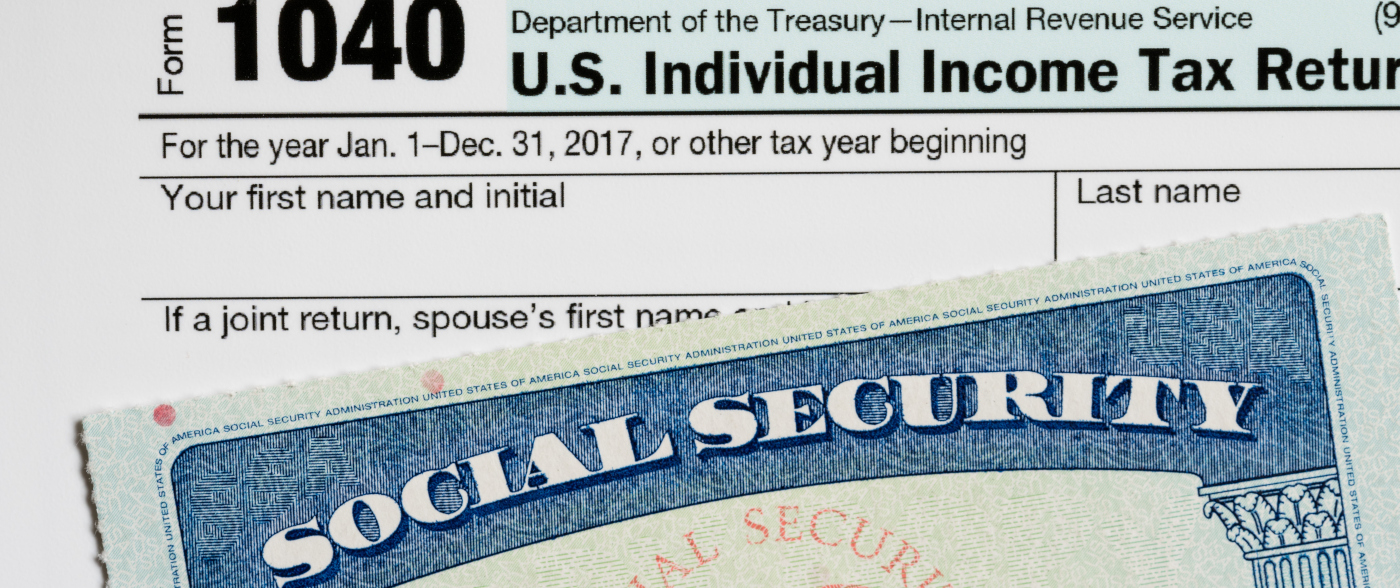
Social Security
By Rollie Dimos | Compensation & Payroll
Q: I am a minister who exempted myself from social security many years ago. I now have a non-ministerial job. Will I be eligible for social security when I retire?
A: The Social Security Administration, at www.ssa.gov, administers the social security program. Workers (who have not exempted themselves from the program) pay taxes into the Social Security System. When they retire, or become disabled, the worker, and/or their spouse and children are eligible to receive monthly benefits.
A minister can request exemption from the social security system, and therefore not have to pay social security taxes on their ministerial wages. However, there are very stringent rules for requesting this exemption, including a conscientious objection to the social security retirement program, proper paperwork, and filing deadlines.
If a minister has properly exempted him or herself from social security by filing Form 4361, none of their ministerial income will be subject to social security tax. However, upon retirement, the minister will also not be eligible for social security retirement income based on their ministerial wages. The minister who has exempted themselves from social security will also not be eligible for income if they become disabled, and their widow and minor children will not receive income if the minister passes away before reaching retirement age. Lastly, the minister will not be eligible for Medicare benefits.
However, anyone who earns wages from a secular or non-ministerial job, is not exempt from social security. This includes a minister who receives wages from a non-ministerial position-- even if the minister has chosen to exempt themselves by filing Form 4361.
As Richard Hammar notes in the 2016 Church and Clergy Tax Guide, page 488: An exemption from self-employment taxes only applies to ministerial services. Ministers who have exempted themselves from self-employment taxes must pay Social Security taxes on any non-ministerial employment. They are eligible for Social Security benefits based on their non-ministerial services (assuming that they have worked enough quarters in non-ministerial employment).
Some ministers who have exempted themselves from Social Security coverage have worked previously in secular employment. Does their exemption prevent them from ever receiving any Social Security benefits? The answer is no. An approved exemption only exempts a minister from Social Security taxes and benefits with respect to services performed in the exercise of ministry. The exemption has no effect on benefits based on employment that is not in the exercise of ministry.
Therefore, any minister, who has earned 40 credits, or about 10 years, of non-ministerial wages, will be eligible for social security retirement based on those non-ministerial wages.
To check your Social Security account to see how much you'll get when you retire, visit here and look for the section titled, “Get an Estimate”.
 ASSEMBLIES OF GOD
ASSEMBLIES OF GOD